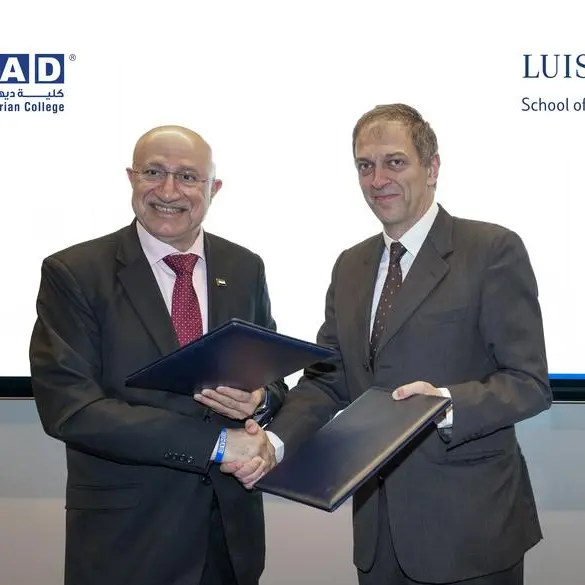The Council today adopted a decision launching the European Union Military Training Mission in Mozambique (EUTM Mozambique). The mission will support a more efficient and effective response by the Mozambican armed forces to the crisis in the Cabo Delgado province, by providing them with training and capacity building.
EUTM MOZ will become operational as soon as the ongoing handover from the Portuguese Armed Forces Training Project will be concluded, and is expected to reach its full operational capability by mid-December 2021. It will rely on around 140 military personnel divided between two training centres –one for commando training and one for marines.
The common costs for EUTM Mozambique, to be covered via the European Peace Facility, were evaluated at €15.16 million for a period of two years. In addition, the Council approved on 30 July an urgent assistance measure under the European Peace Facility for a total of €4 million to complement the training of military units with the provision of non-lethal individual and collective equipment.
The mandate of the mission is expected to last two years. During this period, its strategic objective is to support the capacity building of the units of the Mozambican armed forces that will be part of a future Quick Reaction Force. In particular, the mission will provide military training including operational preparation, specialised training on counter-terrorism, and training and education on the protection of civilians - especially women and girls in conflict - , and provide compliance with international humanitarian law and human rights law. The mission has a non-executive mandate and will not engage in military operations.
The mission is open to the participation of third states.
The mission commander is the Director of the Military Planning and Conduct Capability (MPCC), Vice Admiral Hervé Bléjean, while Brigadier General Nuno Lemos Pires is the EU Mission Force Commander and leads the mission on the ground. The MPCC is the mission headquarters, responsible for the operational planning and conduct of EUTM Mozambique.
On 12 July 2021, the Council adopted a decision setting up EUTM Mozambique. The decision was the EU response to the Mozambican authorities’ request for increased EU engagement in the areas of peace and security. In his letter of 3 June 2021, the President of Mozambique, Filipe Nyusi, welcomed the deployment of an EU military training non-executive Common Security and Defence Policy (CSDP) mission in the country.
EUTM Mozambique will contribute to the EU's integrated approach to Cabo Delgado, together with peacebuilding, conflict prevention and dialogue support, humanitarian assistance and development cooperation, as well as the promotion of the Women, Peace and Security Agenda.
Distributed by APO Group on behalf of Council of the European Union.
© Press Release 2021
Disclaimer: The contents of this press release was provided from an external third party provider. This website is not responsible for, and does not control, such external content. This content is provided on an “as is” and “as available” basis and has not been edited in any way. Neither this website nor our affiliates guarantee the accuracy of or endorse the views or opinions expressed in this press release.
The press release is provided for informational purposes only. The content does not provide tax, legal or investment advice or opinion regarding the suitability, value or profitability of any particular security, portfolio or investment strategy. Neither this website nor our affiliates shall be liable for any errors or inaccuracies in the content, or for any actions taken by you in reliance thereon. You expressly agree that your use of the information within this article is at your sole risk.
To the fullest extent permitted by applicable law, this website, its parent company, its subsidiaries, its affiliates and the respective shareholders, directors, officers, employees, agents, advertisers, content providers and licensors will not be liable (jointly or severally) to you for any direct, indirect, consequential, special, incidental, punitive or exemplary damages, including without limitation, lost profits, lost savings and lost revenues, whether in negligence, tort, contract or any other theory of liability, even if the parties have been advised of the possibility or could have foreseen any such damages.



















